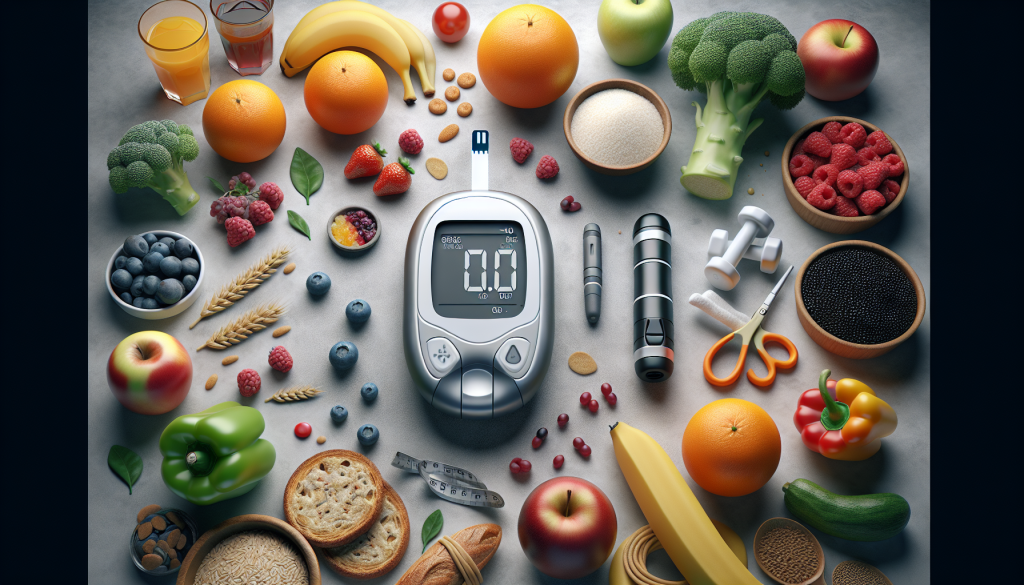
Balanced blood sugar levels are not just a concern for diabetics; they are crucial for everyone’s health and well-being. Understanding and maintaining these levels can lead to improved energy, sharper thinking, and better overall health. So, what exactly are balanced blood sugar levels? Simply put, they are blood glucose concentrations that are neither too high nor too low—levels that the body can handle efficiently to provide steady energy throughout the day.
Surprisingly, diabetes and related health issues are quite common. An eye-opening fact is that in the last few decades, China has seen a 14-fold increase in obesity among boys and an 11-fold increase among girls. This public health crisis is mirrored worldwide, and it’s tightly linked to unbalanced blood sugar levels, largely due to dietary changes that include increased sugar and refined carbohydrate intake.
When your blood sugar levels are out of balance, your health can be negatively impacted. High blood sugar can lead to energy crashes, brain fog, and over time, can increase the risk of developing type 2 diabetes. On the other hand, low blood sugar can cause hunger, fatigue, and even dizziness.
Balancing your blood sugar starts with diet. A high-protein, low-sweet breakfast can prevent cravings and keep you full longer, as shown by a narrator who recommends a savory morning meal. Including more fiber in your diet is essential too. For instance, starting with a vegetable salad at lunch, perhaps starring broccoli, can coat the intestines, slow down glucose absorption, and keep blood sugar more stable.
Small lifestyle modifications can also make a significant difference. Afternoon cravings for something sweet can be curbed by a preemptive swig of vinegar which has been noted to reduce blood sugar spikes by up to 30%. Moreover, a bit of movement after dinner, like a brisk 10-minute walk, can help maintain balanced blood sugar levels.
Moreover, monitoring how different foods affect your personal blood sugar is pivotal. For instance, a narrator found that quinoa spiked their blood sugar significantly less than white rice. Such insights can guide more informed dietary choices, as everyone’s body may react differently to the same foods.
In addition to diet and exercise, there’s a place for supplementation—like Glucotrust—to provide additional support. However, always prioritize authenticity when choosing supplements.
To sustain healthy blood sugar levels, it’s about a balanced combination of diet, exercise, and, if needed, safe supplementation. It calls for a proactive approach to one’s health, which involves routine medical check-ups to ensure everything stays on track.
In wrapping up, remember that incorporating these simple tips—like choosing the right breakfast, vinegar shots, and post-meal walks—into your daily routine can significantly impact your health. Achieving balanced blood sugar levels is a continuous journey and requires a holistic approach for long-term success. Take the first step today towards transforming your energy levels, mental clarity, and overall health.